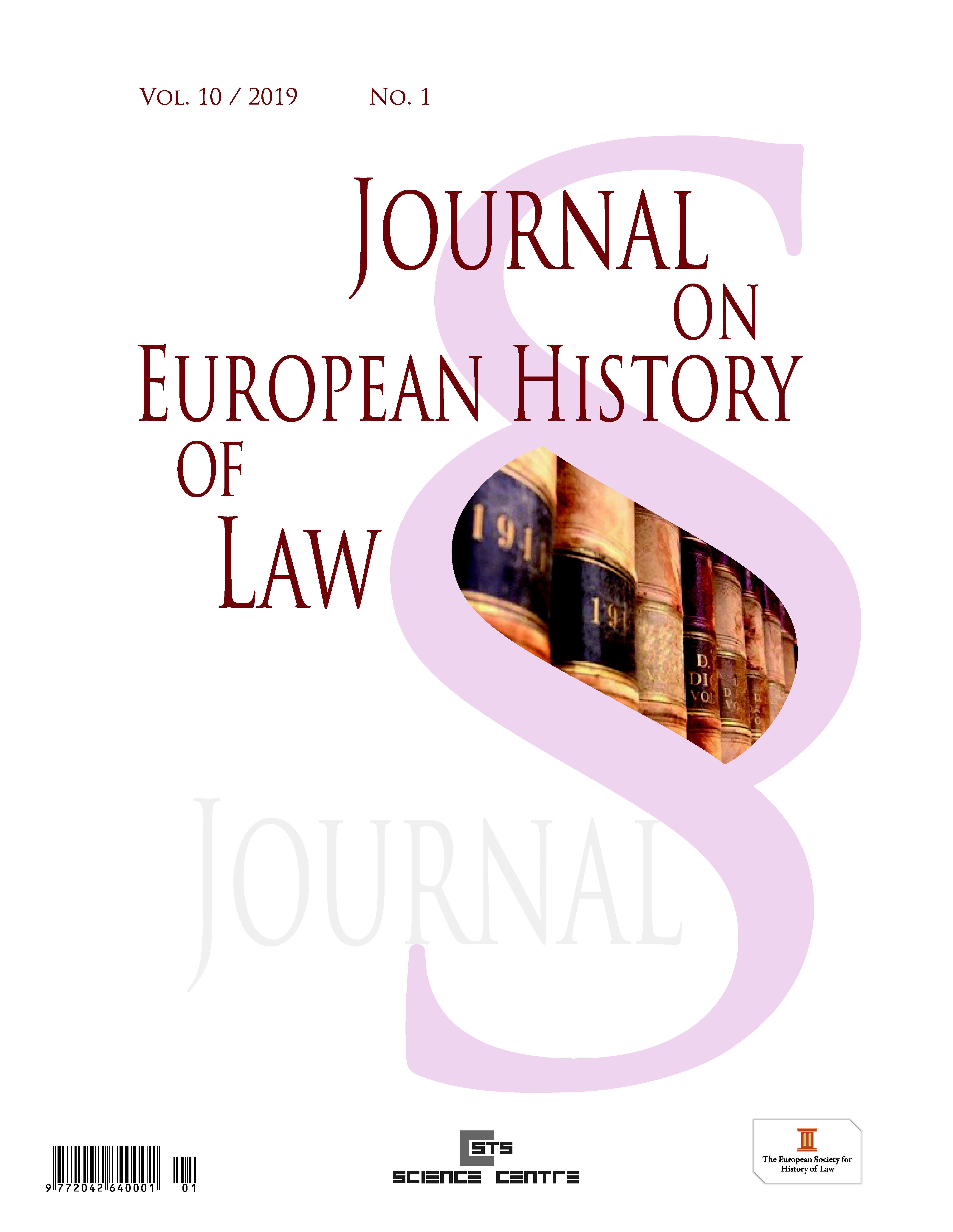The Last Three Decades of Capital Punishment in Hungary: The Process of Abolition between 1961 – 1990
The Last Three Decades of Capital Punishment in Hungary: The Process of Abolition between 1961 – 1990
Author(s): Zoltán Tóth J.Subject(s): Law, Constitution, Jurisprudence, History of Law, Criminal Law, Criminology, Post-War period (1950 - 1989), Penal Policy
Published by: Evropská společnost pro právní dějiny, z.s.
Keywords: Capital punishment/death penalty; criminal law; abolitionism; era of state socialism; Hungary;
Summary/Abstract: The present paper reviews the course by which capital punishment has been abolished in Hungary during the late state socialist era. In the first chapter, it introduces the regulations of the first complete Hungarian Criminal Code (Act no. V of 1961) following Code of Csemegi with which, after a one-and-a-half decade interval of extraordinary penal law, the consolidated criminal law have come to prevail again. In the second chapter, it analyses the modifications that was introduced into the Hungarian legal system by the legislator in Act no. IV of 1978 (Hungary’s previous penal code) as regards of the death penalty. In the end, in the third and last chapter, this essay reviews the measures and process by which capital punishment has ceased to exist in Hungary for good and all.
Journal: Journal on European History of Law
- Issue Year: 10/2019
- Issue No: 1
- Page Range: 134-148
- Page Count: 15
- Language: English

